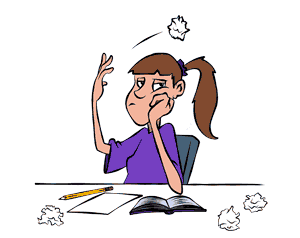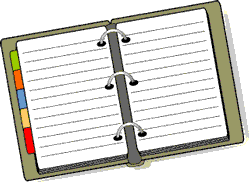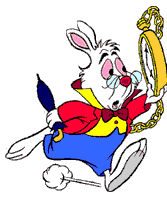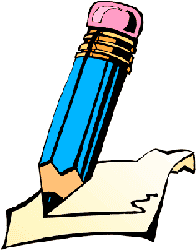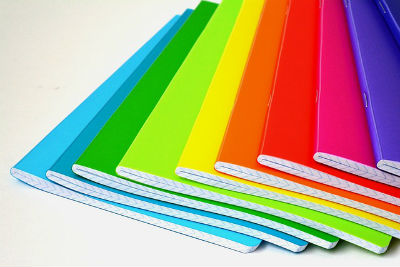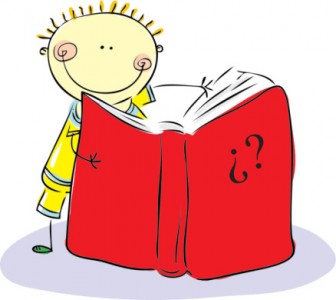Clichés are usually defined as hackneyed ideas or overused elements that fail to surprise anyone. At the time of writing, there are three places where we can find clichés – metaphors, characters, and plots.

Metaphors
Writers often resort to metaphors when they need to set their stories or introduce a description. There is nothing like a good comparison to give the reader an accurate mental picture of what you want to express. This is not a simple task since the image you create should be original and natural at the same time. This way, it will easily form in your readers’ minds without them having to stop reading to reflect on it. After all, the function of metaphors is to facilitate the understanding of the story.
 This site uses cookies. By continuing to browse the site, you are agreeing to
This site uses cookies. By continuing to browse the site, you are agreeing to 